Introduction to Cidnavir Injection
Cidnavir Injection is an antiviral medication that falls under the category of purine nucleosides and contains the active ingredient Cidofovir. It is prescribed to treat Cytomegalovirus (CMV) retinitis, a serious eye infection that can occur in individuals with AIDS. If left untreated, CMV retinitis can damage the retina and lead to vision loss.
If you experience any allergic reactions to this medication or its ingredients, contact your doctor immediately. Notify your physician right away if you notice any eye pain, redness, itching, or changes in your vision. Cidnavir Injection should be used with caution in individuals with diabetes, as it may increase the risk of developing low eye pressure (ocular hypotony). Regular eye exams and blood tests will be necessary during treatment.
If there is a chance of pregnancy, discuss contraceptive options with your doctor before beginning treatment. Women should use effective birth control during treatment and for at least six months after the final dose. Avoid breastfeeding while using Cidnavir Injection, as it is unclear whether the drug passes into breast milk. Before starting any over-the-counter or herbal products, consult your doctor, who will assess the risk of interactions with Cidnavir Injection.
Uses of Cidnavir Injection
- Treatment for Cytomegalovirus (CMV) retinitis in patients with AIDS
Therapeutic Effects of Cidnavir Injection
Cidnavir injection inhibits viral DNA polymerase, which produces new viral RNA and DNA in infected cells. It is taken up intracellularly by active transport or fluid-phase endocytosis to exert its antiviral actions.
Interaction of Cidnavir Injection with other drugs
Inform your healthcare provider about all your medicines, including prescription, over-the-counter, nutritional or vitamin supplements, and herbal products. Certain medications may interact with Cidnavir injection and reduce effectiveness by causing undesirable side effects.
More Information about Cidnavir Injection
- Store Cidnavir injection vials at refrigerated temperature (2°C to 8°C)
- Do not freeze.
- Keep it out of reach from children.
How to consume Cidnavir Injection
The medicine will be administered to you by a healthcare professional in a hospital setting. It is usually administered as an intravenous injection into a vein. Your doctor will decide the dose, route of administration, and frequency based on your disease condition and other factors.
Safety Advices

Pregnancy
It is unknown whether Cidnavir injection can cause fetal harm to the fetus when administered to pregnant women. Consult your doctor if you are pregnant or planning for pregnancy during the treatment.

Breast Feeding
It is unknown if Cidnavir injection passes into the breast milk or if it will harm your baby. Please consult your doctor before breastfeeding.

Lungs
It is unknown whether Cidnavir injection can be used for patients with lung problems. Consult your doctor if you have any lung diseases before starting the treatment.

Liver
Inform your physician if you have liver problems before initiating the treatment with Cidnavir injection.

Alcohol
It is unknown whether Cidnavir injection can be used for patients with lung problems. Consult your doctor if you have any lung diseases before starting the treatment.

Driving
Cidnavir injection may cause short-term side effects such as fatigue or weakness. Avoid driving and operating heavy machinery.
Side Effects
Side effects are unwanted symptoms caused by medicines. Even though all medicines cause side effects, not everyone gets them.
Serious
- Kidney damage
Common
- Nausea, vomiting
- Headache
- Hair loss
- Weakness
- Fever, chills
- Difficulty in breathing
- Diarrhea
- Inflammation of the eye, reduced pressure in the eyes
Word of Advice
Drink plenty of water with this antiviral medicine, which helps prevent dehydration and kidney damage. While receiving Cidnavir injection and for three months afterward, males should use (condom) barrier birth control techniques. Sodium is present in this drug. If you follow a salt-restricted diet, seek a physician’s guidance.
FAQs
Q 1. What are the uses of Cidnavir injection?
Cidnavir injection is used to treat CMV retinitis, an eye infection that affects AIDS patients. Cytomegalovirus causes an eye infection known as CMV retinitis (CMV).
Q 2. What are the common side effects of Cidnavir injection?
Nausea, vomiting, headache, hair loss, weakness, fever, chills, difficulty breathing, diarrhea, inflammation of the eye, and reduced pressure in the eyes are the common side effects of Cidnavir injection.
Q 3. What is the mechanism of action of Cidnavir injection?
Cidnavir injection inhibits viral DNA polymerase, which produces new viral RNA and DNA in infected cells. It is taken up intracellularly by active transport or fluid-phase endocytosis to exert its antiviral actions.
Fact Box
Molecule name: Cidofovir
Pharmacological class: Purine nucleosides
Therapeutic class: Antiviral
Indications: Treatment for Cytomegalovirus (CMV) retinitis in patients with AIDS

 MEDICINES
MEDICINES PATIENT ASSISTANCE PROGRAMS
PATIENT ASSISTANCE PROGRAMS IMPORTED MEDICINES
IMPORTED MEDICINES CONTACT US
CONTACT US Upload
Upload



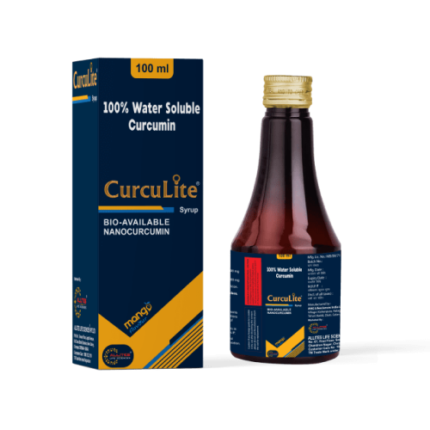
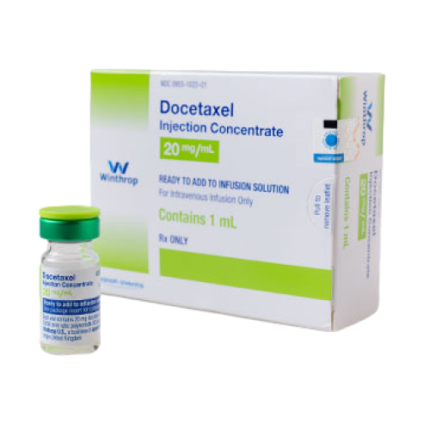
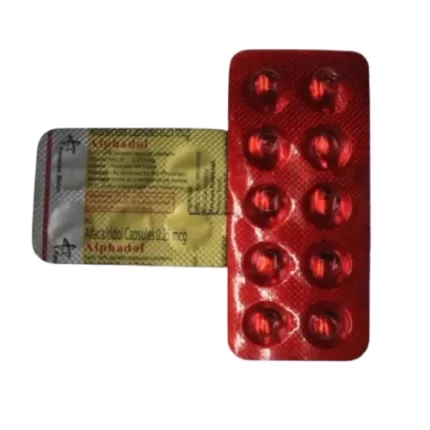

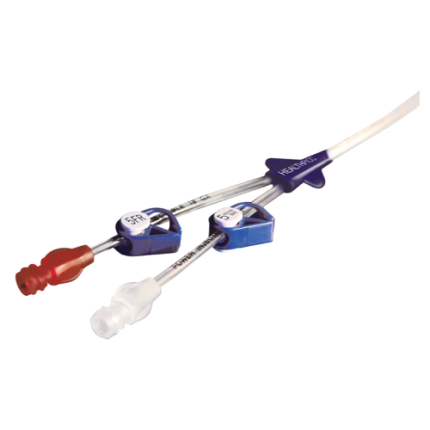
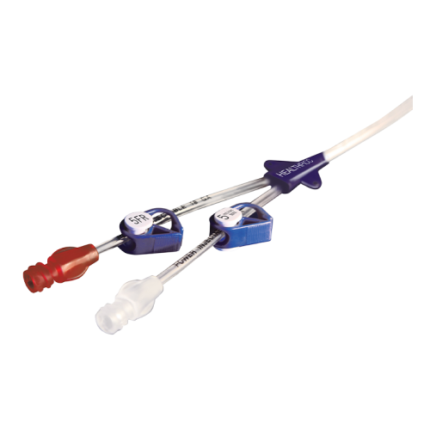


Reviews
There are no reviews yet.